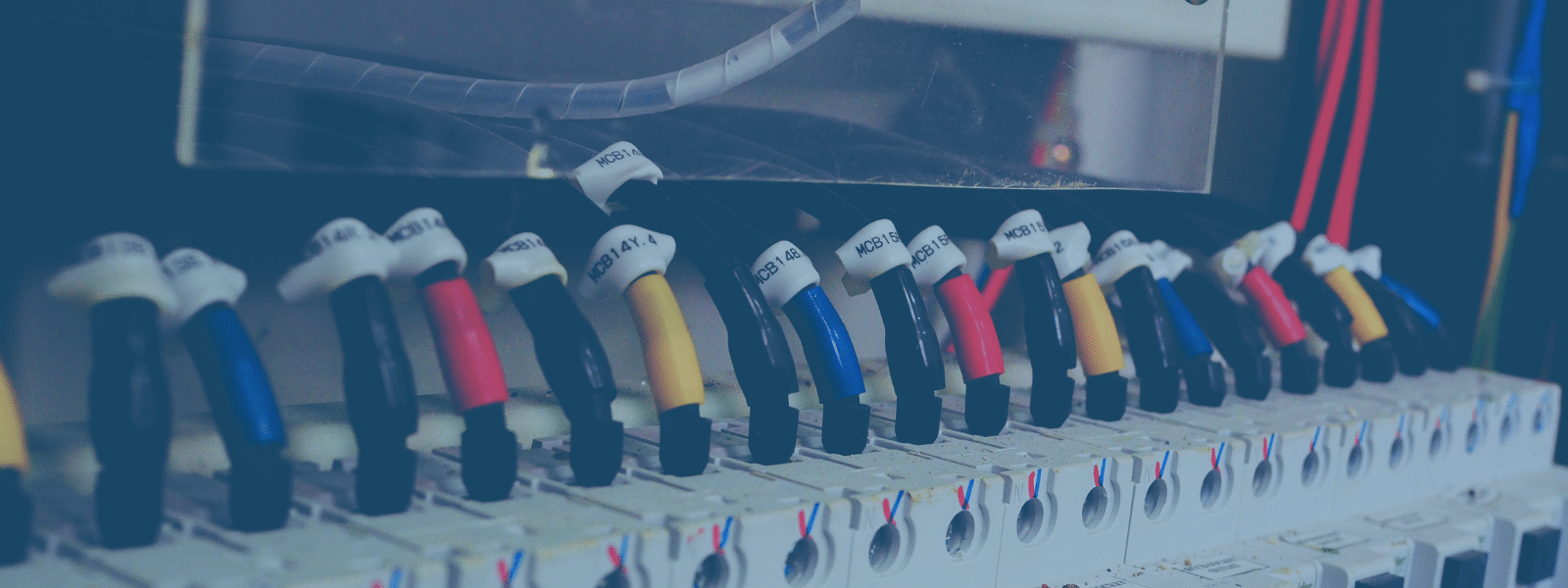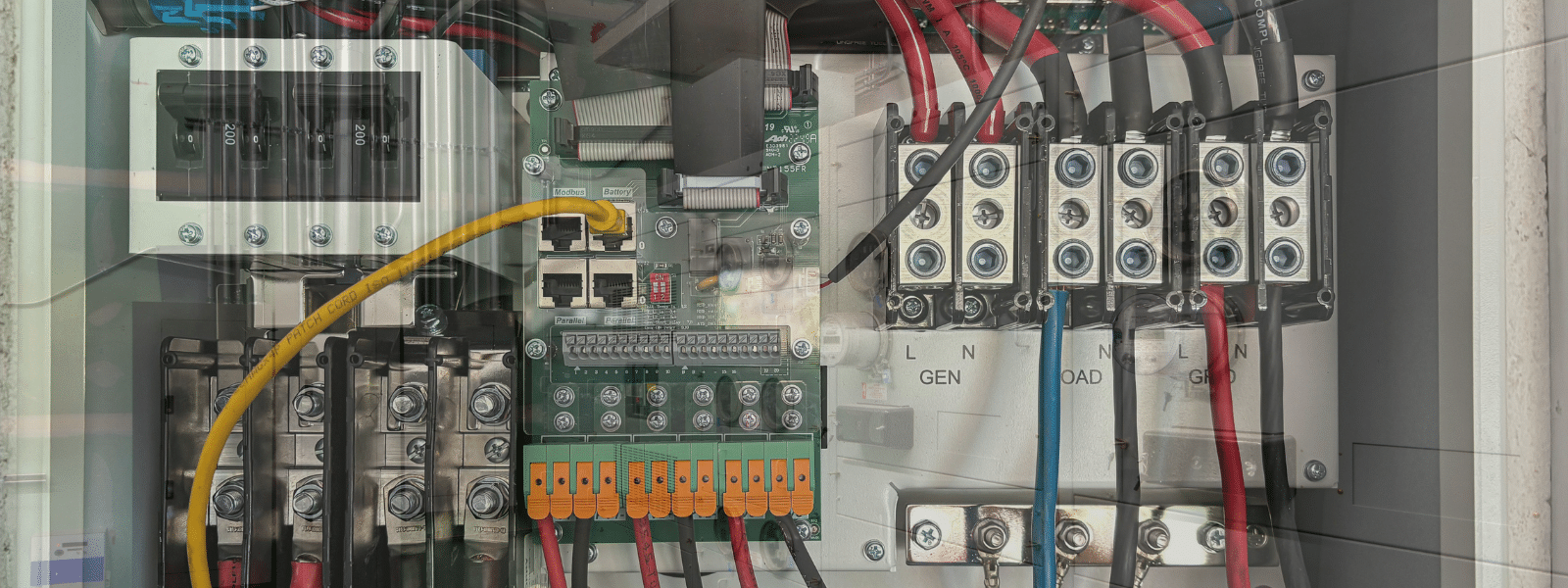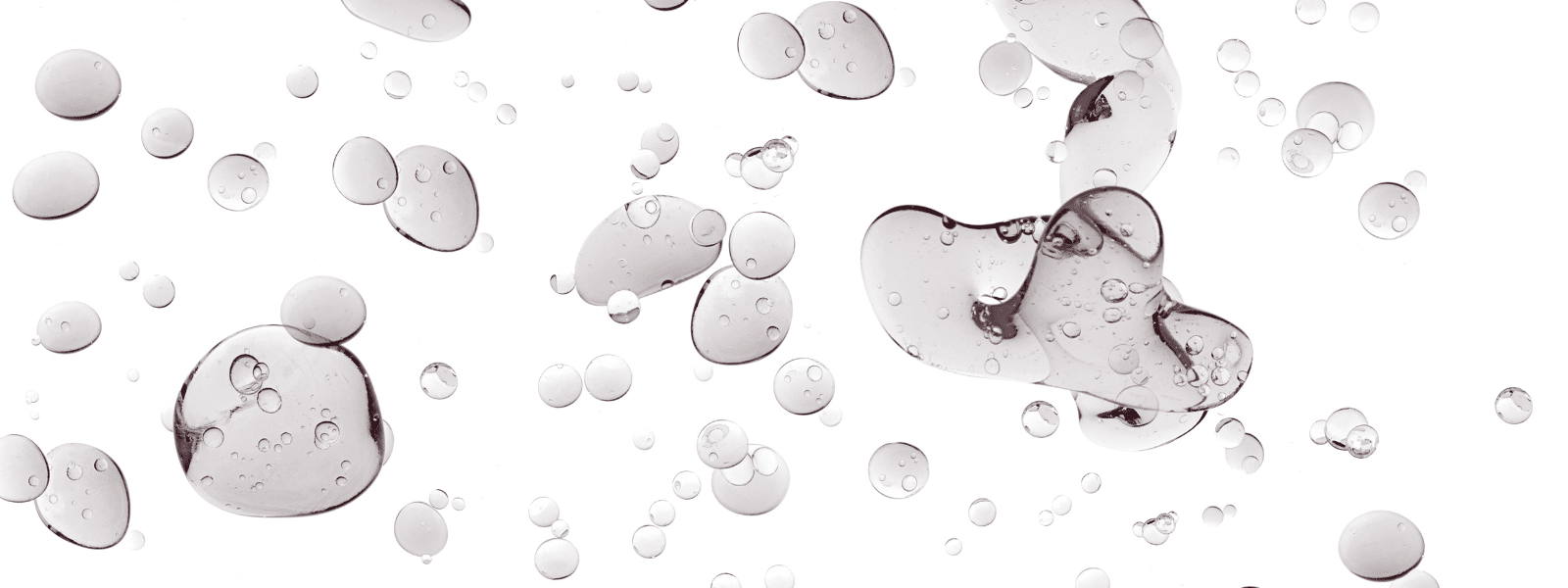Hospitals and health centers often use autoclaves to clean medical equipment. However, because autoclaves use high-temperature, high-pressure water to perform the cleaning operation, they’re only appropriate for equipment that doesn’t have electrical circuitry, such as surgical instruments and certain types of durable medical equipment (DME).
Most medical equipment that can’t be cleaned in an autoclave can’t be cleaned in a general parts washing system for the same reason: It would be ruined by water. Instead, the equipment must be cleaned manually, which brings us to the subject of this entry: selecting safe, effective medical cleaning solvents. Below are four tips that should inform your selection.
- Contains No HAPs
Sick people go to hospitals and health centers in hopes of getting better. The last thing they need is to have their health outlook complicated from inhaling hazardous air pollutants (HAPs) that vaporize at room temperature and circulate easily on standard airflow. If at all possible, the medical cleaning solvents you use should be free of HAPs. You can find a list of known HAPs in the Environmental Protection Agency’s (EPA) List of Lists.
- Leaves No Residue
Solvent residue on medical equipment is bad news for two reasons: The residue can attract dirt, and create a vicious cycle in which the equipment must be cleaned ever more frequently; and, as a corollary, the dirt the residue attracts could pose health risks to patients, especially if it contacts sutures or open wounds.
There are plenty of no residue cleaners for electrical equipment on the market, so cleaner residue isn’t something you should have to contend with. When selecting a solvent, be sure its specifications state in no uncertain terms that the cleaner leaves behind no residue.
- Contains a Dielectric
Do you need to clean medical equipment while it remains energized? If so, the medical cleaning solvent you use should contain a dielectric, which impedes the flow of electricity from one point to another. Cleaning energized equipment with a non-dielectric solution could cause the solvent to ignite and/or deliver a major electrical shock to the solvent user. When cleaning energized equipment, it’s also ideal to use a solvent that has no flashpoint.
- Evaporates Quickly
Solvents that evaporate quickly offer three advantages: sitting moisture that could cause oxidation is eliminated, little to no solvent enters the waste trap, and the turnround time for cleaning procedures can be reduced, as no drying is necessary. As long as the solution is free of HAPs, the faster it evaporates after soils are removed, the better.
Need Medical Cleaning Solvents?
If so, check out our lineup of eco friendly solvents of before you make a purchase. We carry stock solutions that are highly effective as medical cleaning solvents, while posing little to no chemical injury risk to workers or patients. We can also create custom solvents that are tailored to your precise requirements.
To inquire about our medical cleaning solvents, call us today at (800) 563-1305, or send us an email through our contact form. Our chemists and product specialists and ready to answer your questions and take your order.















